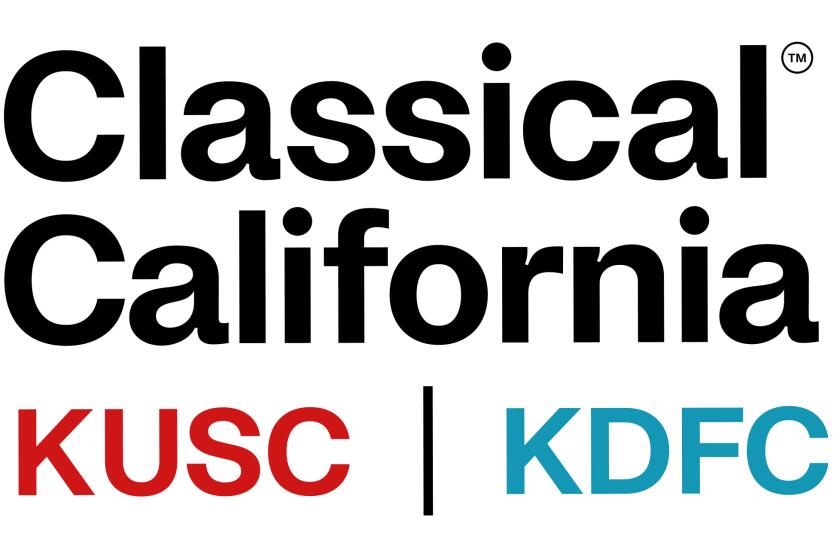BUSINESS REACTION
- Share via
Not all in the concert business are as opposed to ratings or advisories as Murphy is, but few believe that such measures are either necessary or, more important, feasible. The biggest question concerns how standards would be set.
“Are the Rolling Stones rated R because they have an inflatable balloon shaped like a woman who’s naked?” wonders Gary Bongiovanni, editor in chief of the concert trade publication Pollstar.
“Is Tori Amos R-rated because she has a song about rape? And people who go see Marilyn Manson know what it’s all about. The parents of the kids may not know, but if they want to look into it a little, they can find out easily.”
On the first matter, Michaelsen says that the artistic and socially redeeming merits of material would be taken into consideration, as is the case with current obscenity laws, though he was unclear about who would be responsible for applying ratings in the first place. As for the second point, he says that while parents can find out about many of the acts, a lot of them don’t.
“In application as a statewide law it might be difficult,” Michaelsen says. “But if we can advance a discussion of these type of acts and how appropriate they are for certain ages, then that’s certainly a good thing to raise parental awareness of what shows their kids might be going to.”
Manson manager Tony Ciullo fears that the same sort of misinformation that plagued his artist on the road would work its way into the ratings.
“To even try this they’d first have to get their facts straight, and that wasn’t the case with our tour,” he says. “But in any case you’ve got these promoters that are established businessmen with solid reputations, as well as the people who run the facilities. You have to give them credit for determining what is appropriate for their market.”
And Hilary Rosen, president of the Recording Industry Assn. of America, which represents the major record companies, sees the issue as something created by political opportunists and expects it to die down soon.
“I don’t think we’re facing a rash of legislation,” she says. “And the fact is that any such legislation would be unconstitutional and we’d fight it vigorously.
“If artists and promoters wanted to get together and agree on some warning for explicit shows or something on tickets and advertising, I wouldn’t oppose it, though I certainly wouldn’t advocate it. But the reason live concerts are interesting and wonderful is the spontaneity. It’s lunacy to try to proscribe in advance the kind of theatrical expression that could happen at a show.”
More to Read
The biggest entertainment stories
Get our big stories about Hollywood, film, television, music, arts, culture and more right in your inbox as soon as they publish.
You may occasionally receive promotional content from the Los Angeles Times.










